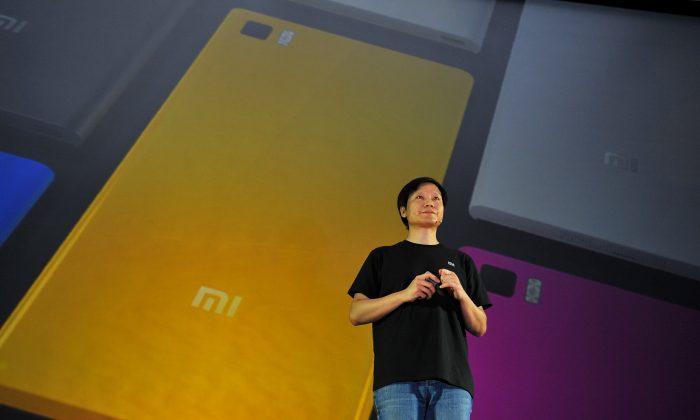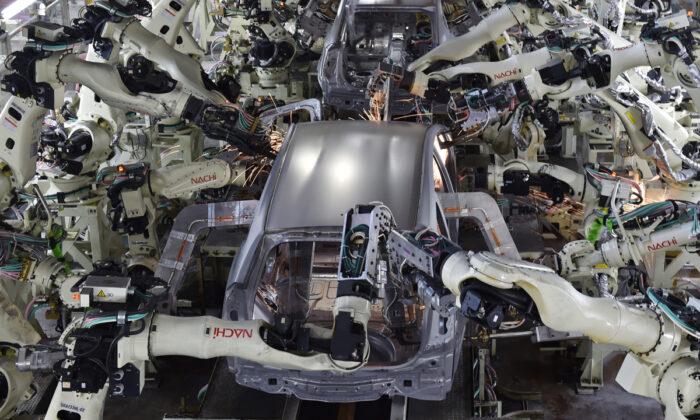Xiaomi is the up and coming smartphone company. It is now ranked in third place behind Samsung and Apple. Boston Consulting Group (BCG) even ranked it 35th of the 50 most innovative companies in the world.
However, the only thing Xiaomi is really taking to a whole new level is the extent of copying technology from leading firms and selling it at cutthroat prices—an example of how modern China understands business and innovation.
BCG doesn’t give a specific explanation for each company, so let’s go through its general criteria cited in the report and apply them to Xiaomi.
Strong innovator’s top management is committed to innovation as a source of competitive advantage
Xiaomi’s English website—which coincidently looks a lot like Apple’s—doesn’t mention innovation once. In fact, it doesn’t mention a lot of things, like press releases and financial data, since the company is private.
The only point it does emphasize is that modern gadgets shouldn’t cost a fortune. That’s why it is selling its products nearly at cost to gain market share; a business strategy, which has been around since the dawn of man and is very common in China precisely because the country chronically lacks innovation.
It leverages its intellectual property both to exclude rivals and to build markets
Again, Xiaomi doesn’t have an IP portfolio to speak of. Its products are the same as Apple’s, its design is the same as Apple’s and even its manufacturer (Foxconn) is the same as Apple’s. The CEO and founder Lei Jun even dresses like Steve Jobs at product events. Only its operating system is a knock-off of Google’s Android.
Apple’s chief designer Jony Ive had this to say about Xiaomi’s type of innovation at the Vanity Fair Summit this October: “When you’re doing something for the first time, you don’t know it’s gonna work, you spend seven or eight years working on something, and then it’s copied. I think it is really straightforward. It is theft and it is lazy. I don’t think it is OK at all.”
Watch the full interview here:
The only thing, which sets the two companies apart in terms of products is its lineup of Teddy bears, one of which has a communist red star on its hat. But even that design has been around for some time, so no innovation points here either.
They have a strong customer focus, concentrating on releasing products that customers will embrace rather than pushing new technologies simply because they are novel
Here BCG is on to something. Customers always love cheap prices and Xiaomi is willing to give them to the customers. It has no retail network and sells directly to customers online. This helps save costs but unfortunately is another business strategy first pioneered by mail-order catalogues in the 20th century.
Apple and Samsung also could sell their phones for less, but they don’t have to—yet. Also these two industry giants are investing in genuine research and design, which costs money and therefore dictates higher prices.
It pursues a portfolio approach for risk taking, leverage internal and external sources of knowledge, and have strong corporate governance and a dedicated budget for venturing and testing concepts.
This might be the only point where Xiaomi is ahead of the competition, but not in a good way.
Several security firms like F-Secure have confirmed Xiaomi smartphones are equipped with backdoor technology to steal customer data and send it directly back to China. Talk about leveraging “external sources of knowledge,” and “risk taking.”
Overall, it is unclear where BCG gets the idea Xiaomi is an innovative company. In reality, it is just like China itself. Playing the numbers game, emphasizing quantity over quality, and stealing intellectual property from other people—hardly anything to write home about.





